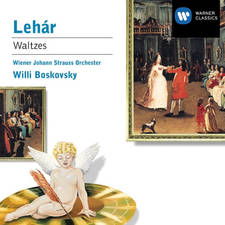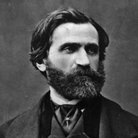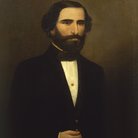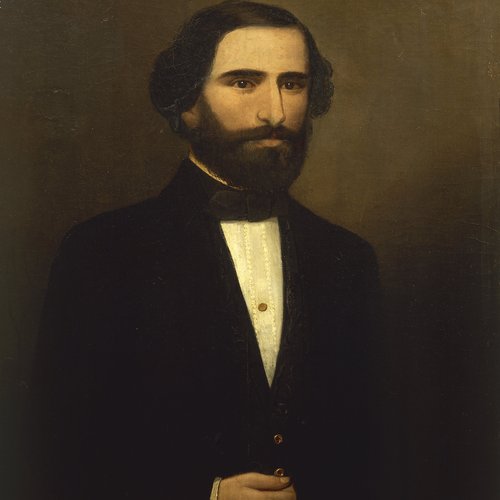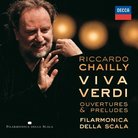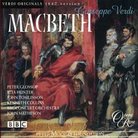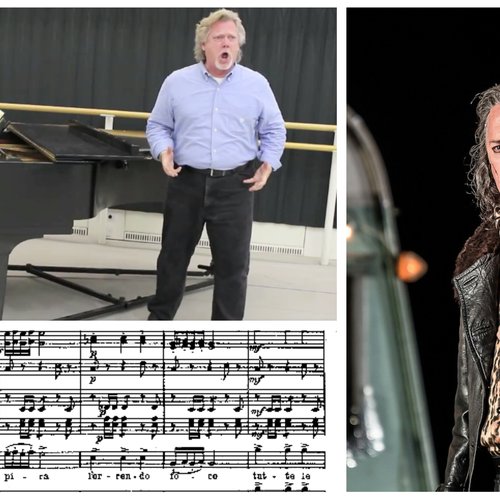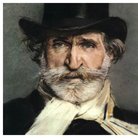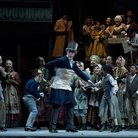Verdi - Macbeth
Shakespeare-loving Verdi began his operatic love affair with the Bard with his tenth opera, Macbeth, composed in 1847.
"This tragedy is one of the greatest creations of man... If we can't make something great out of it let us at least try to do something out of the ordinary." Writing to librettist Francesco Maria Pave in the 1840s, it remained to be seen whether Macbeth would go down in history as a great opera, but thanks to its unusual Shakespearean subject matter including witches, kings, and 11th Century Scottish castles, the work stood out among other operas of the time.
After completing Attila in 1846, Verdi was enjoying relative success in the opera sphere, before writing his more famous Rigoletto, Il trovatore and La traviata in the 1850s. But it was Macbeth, his tenth opera, that marked a shift in his operatic output and hinted at the masterworks that were yet to come. Verdi's Shakespeare adaptations for the opera stage were popular among literary scholars thanks to their faithful plot lines and characterisation, and the dramatic music went down well amongst the opera-going public. It's no wonder, then, that he was inspired to write two further masterpieces: Otello, in 1887, and the Merry Wives of Windsor adaptation, Falstaff, in 1893.
